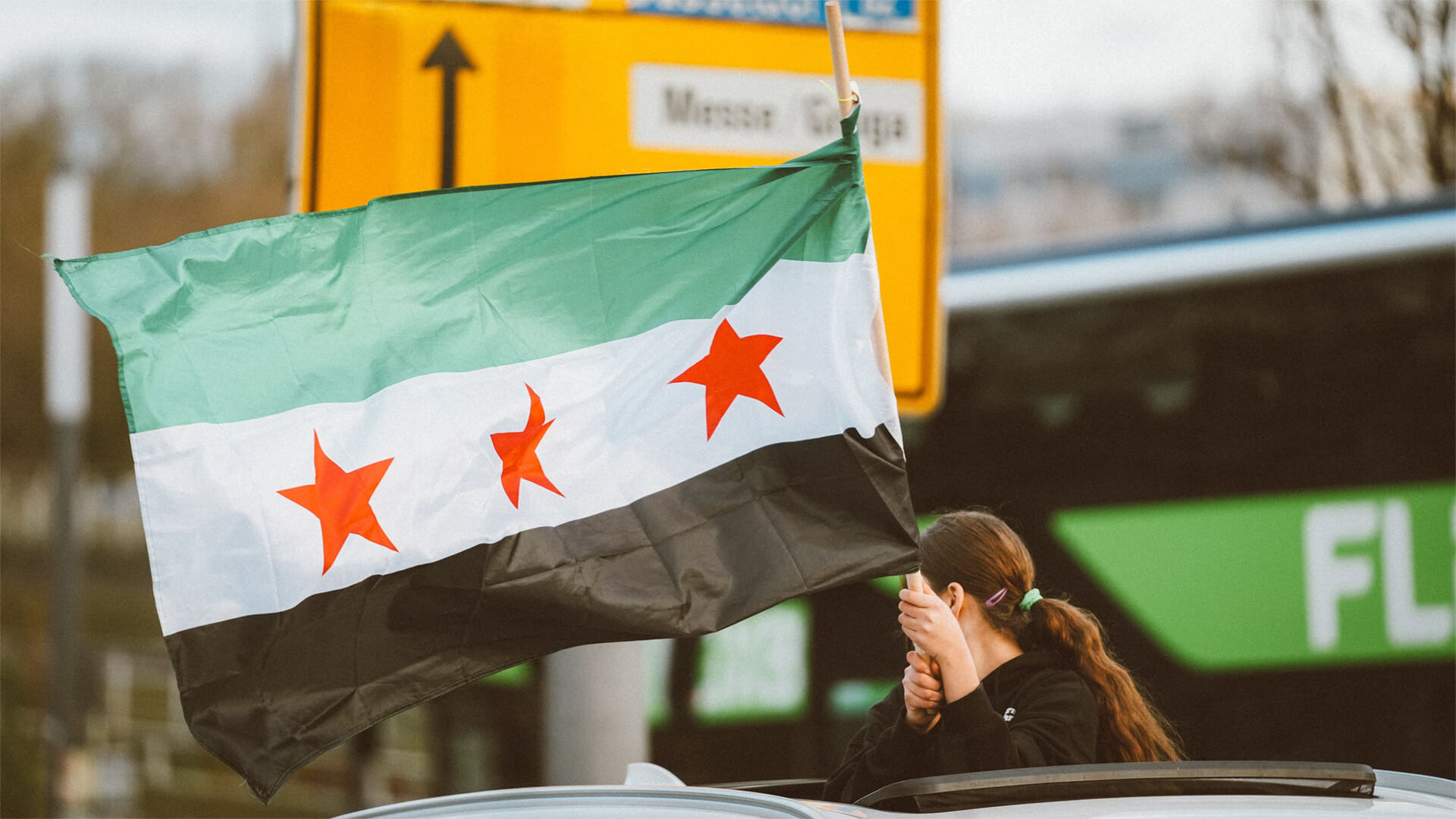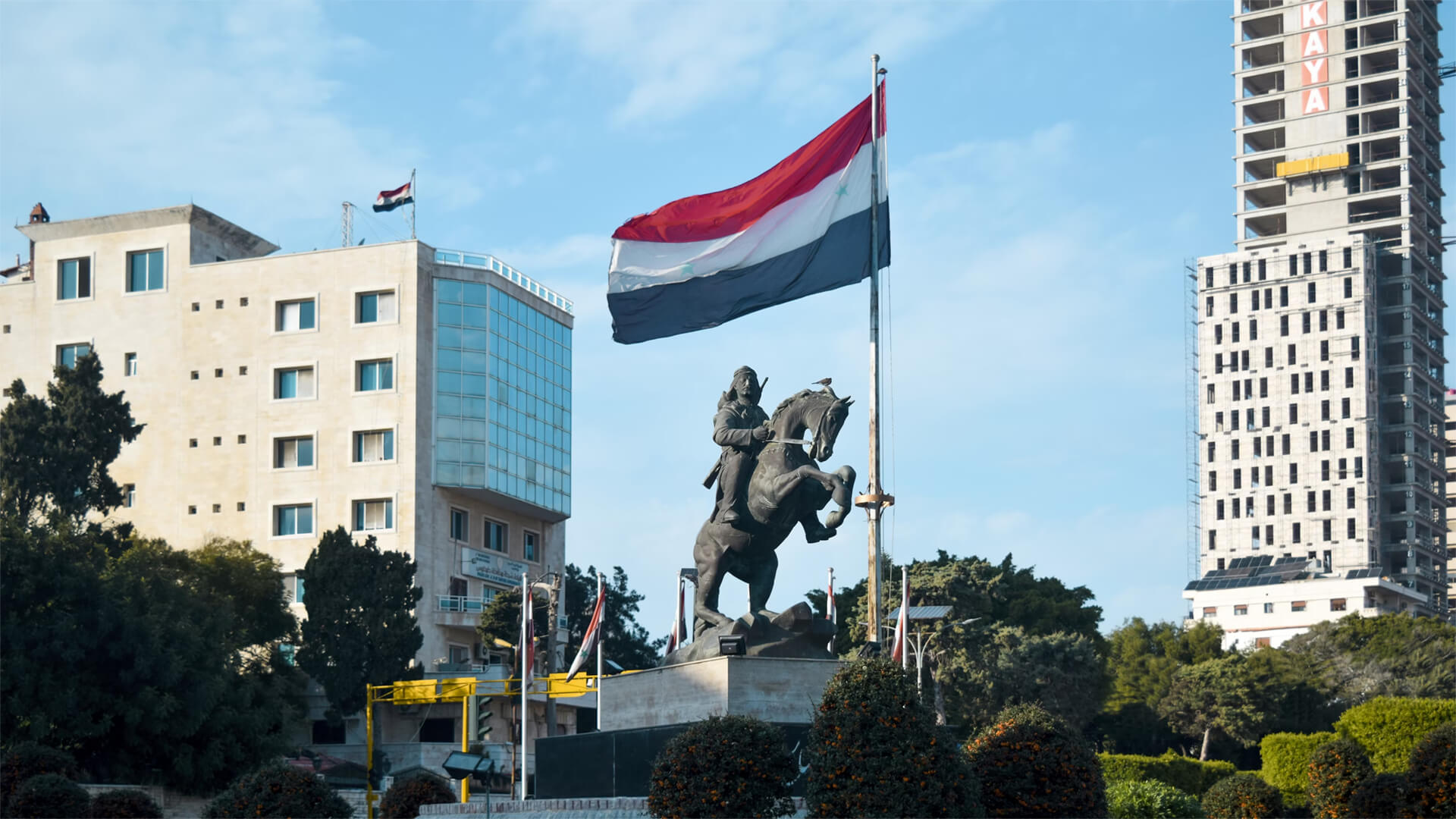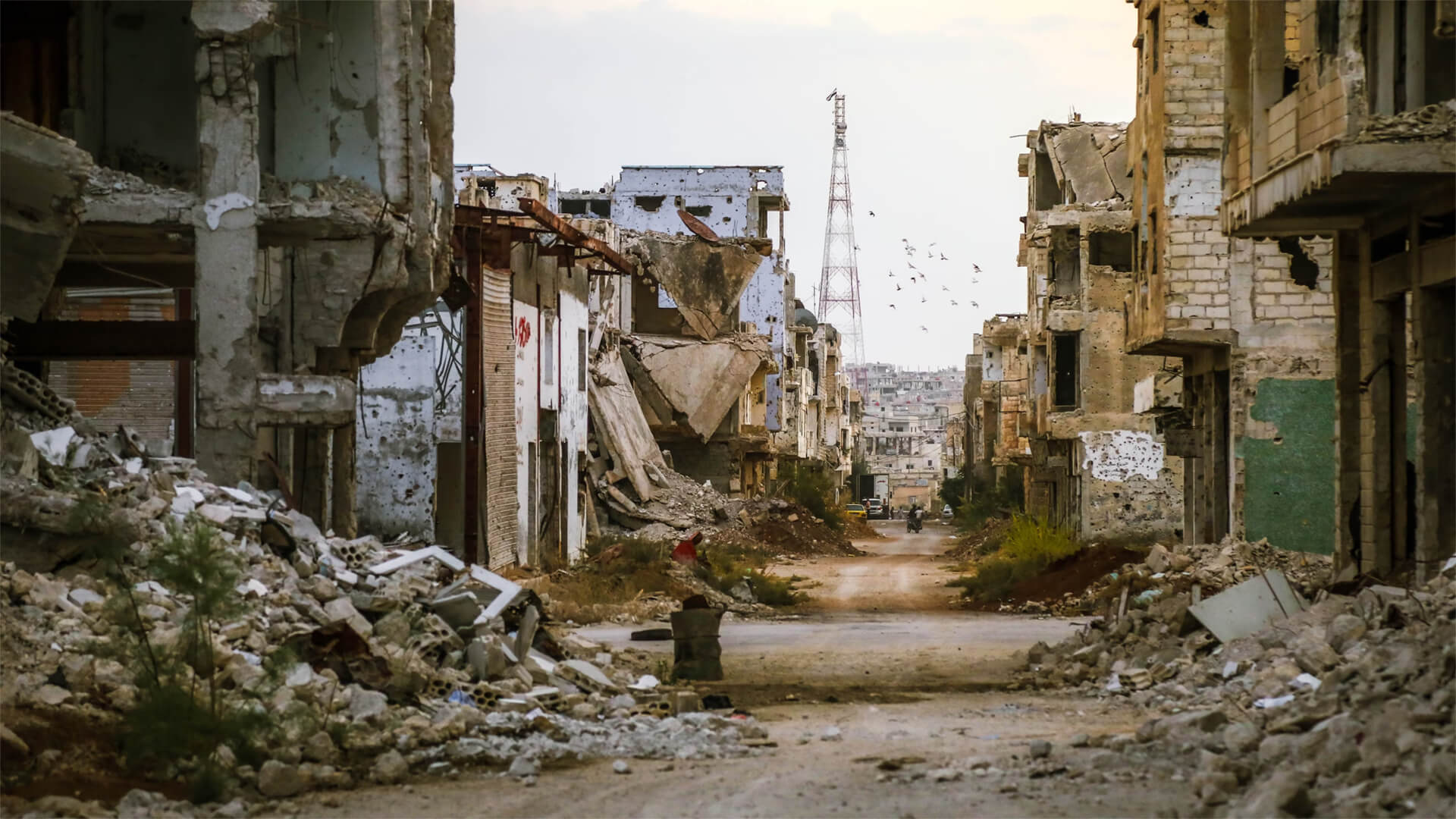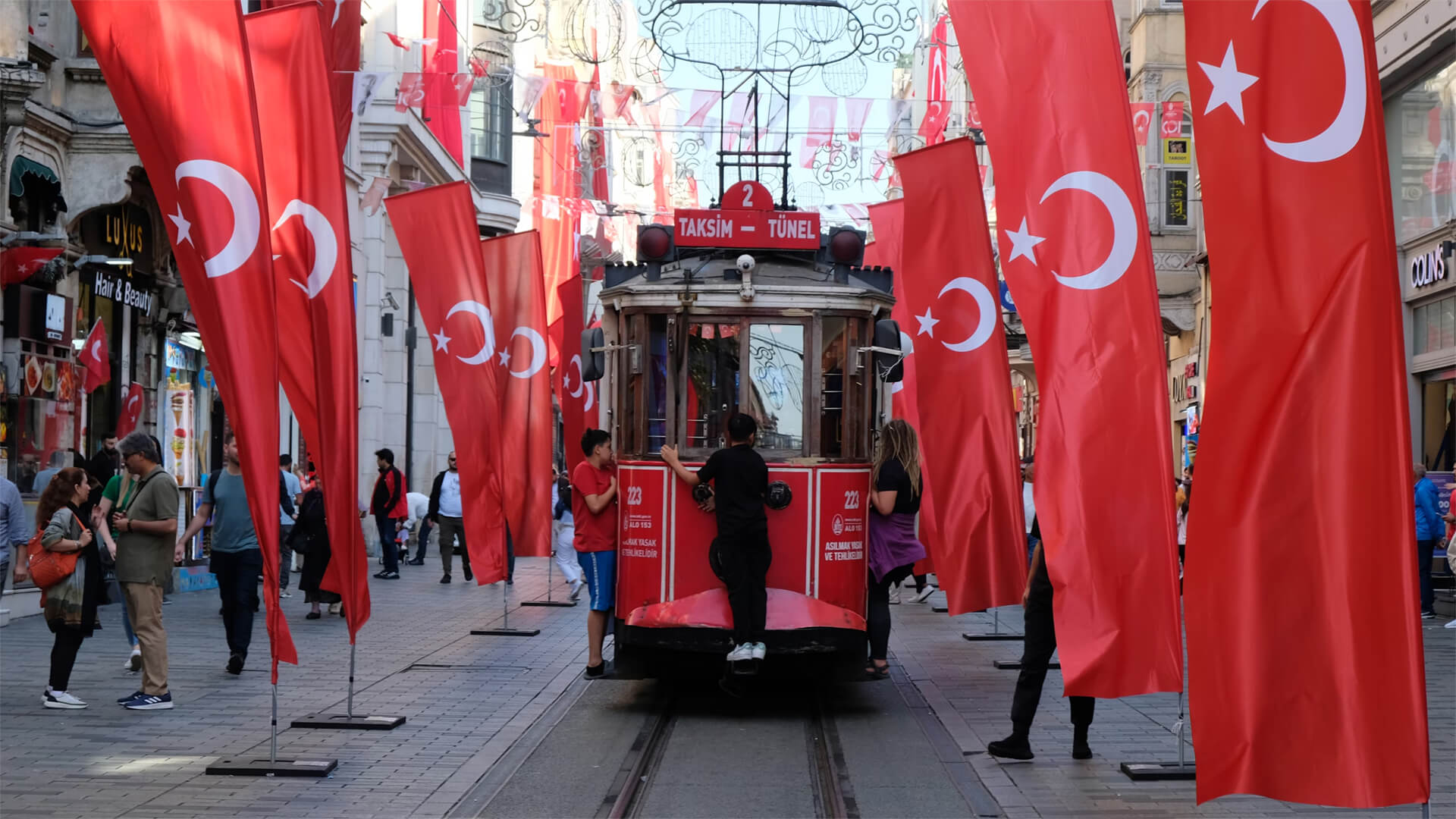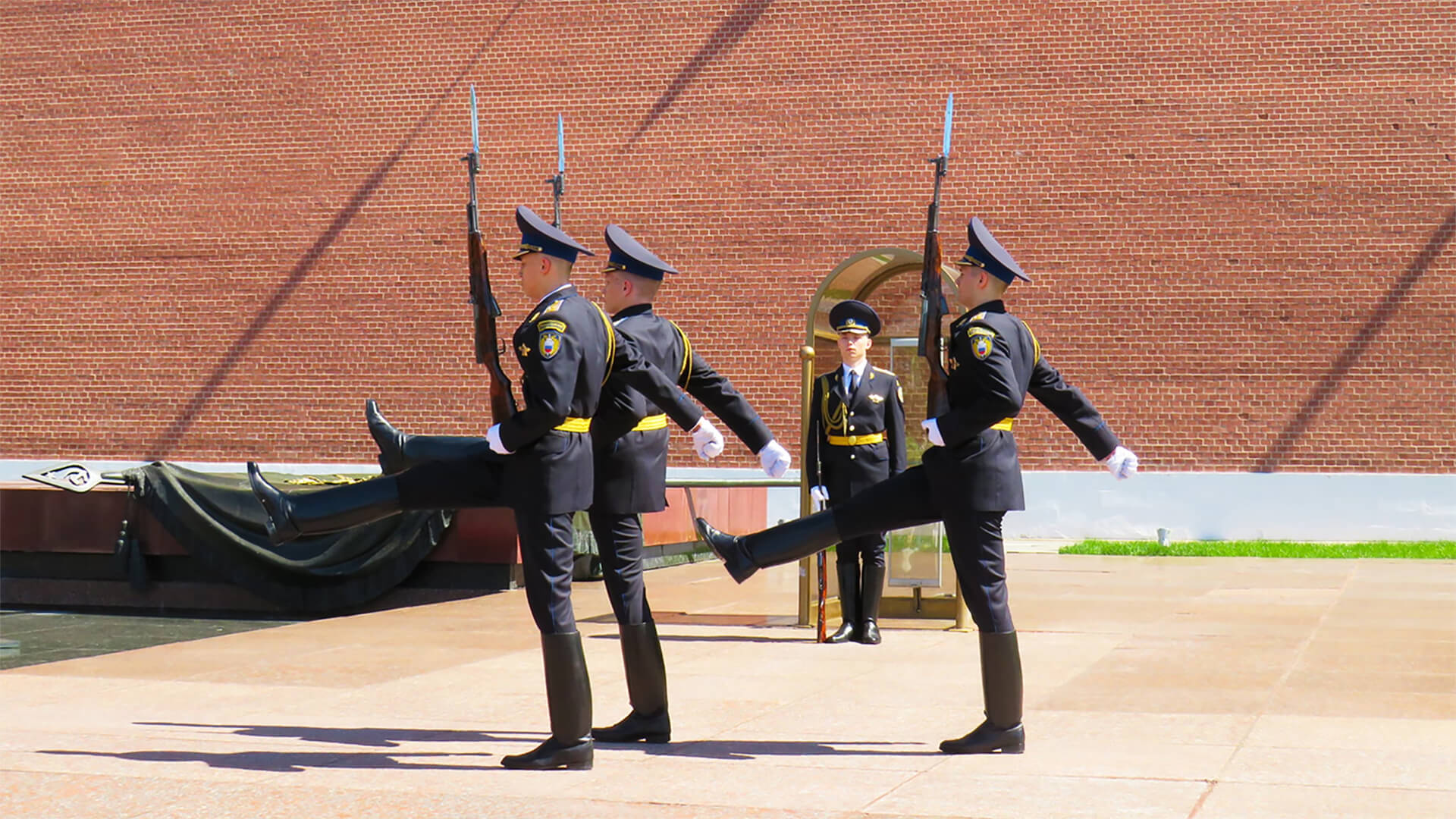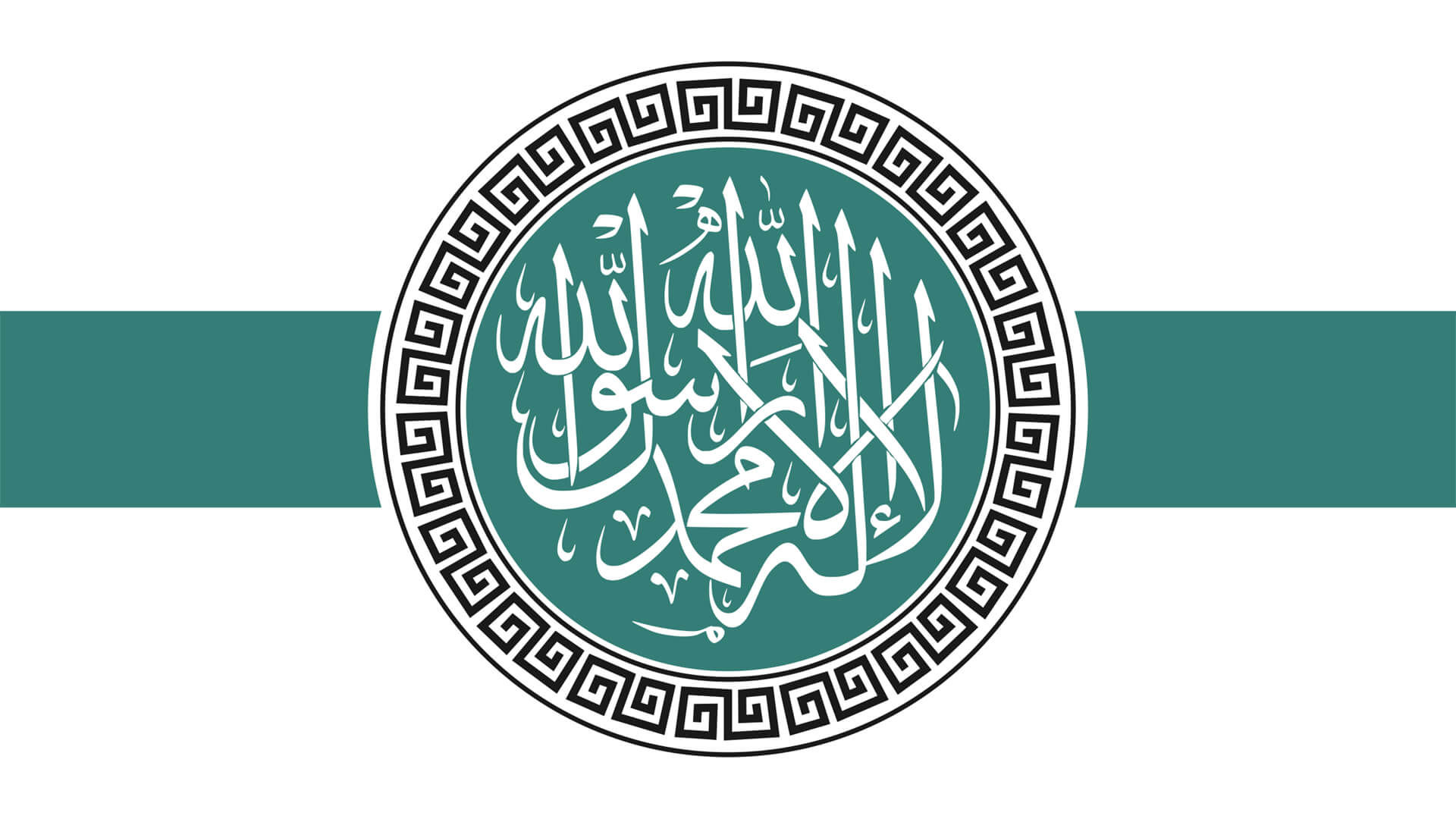Syria has been riddled with problems for ages, but will all that chaos boil up and spill over? The short answer is that it’s unlikely, but let’s unpack it.
The reason for this is due to a mostly forgotten concept of a “march” or a stateless zone on the edge of organized states. Given Syria’s fragmented and distinct regions, the country has never been fully cohesive; having marches prevents that chaos from spreading further. These areas would typically remain lawless, getting periodically raided to keep anything from festering up, until a neighboring power intervenes. Since Israel, Turkey, and Iraq are managing Syria’s borders, chaos can’t breakout too far.
On a larger scale, marches might be making a comeback. As deglobalization sets in and demographics become more strained, many regions could begin to resemble these lawless, stateless zones.
Transcript
Hey, all. Peter Zeihan here coming to you from Yosemite. For the obligatory I’m backpacking video, but I hurt myself, so I’m in the tent for a few hours, but, my feet are messed up. Anyway, we’re going to take a question from the Patreon crowd. And specifically, do I expect the chaos in Syria to spill over to other countries?
Yes and no. Just not in a traditional sense. Keep in mind that there’s basically seven series. You’ve got the coastal zone, which is the Alawites, a mountain zone, which is Christians. You’ve got the interior cities of harm, Hama and Aleppo, which are, Sunni Muslim. You’ve got Damascus, which is basically a fortress city. You’ve got this thin line of people that live along the Euphrates, and then you’ve got the desert.
Right now, ISIS or Islamic State, whatever you want to call it, has been banished to the desert. But in the past they have conquered large chunks of the territory. Anyway, the Alawites out on the coast were the ones who ruled Syria until recently. They were pretty much hated by everybody. And now they have been overthrown.
There is now a Sunni group that is attempting to cobble this country together. But, the Assads, those are the Alawites who were in charge, had the advantage of Hezbollah backing them up and Iran backing them up and Russia backing them up. And this new government doesn’t have any of that. And so it’s already descended into basically the second phase of the Civil War.
This one will probably in time be much, much, much, much worse than the first one. And remember, the first one generated millions of refugees and hundreds of thousands of dead.
Okay, what you have to remember about Syria is until we got to the after World War one, decolonization effort, this was never really a country. This was a zone where, because of all the differences in geography, was basically a bunch of mini states at best, or was amalgamated into some other governments, like, say, the Ottoman Empire or one of the caliphates of the past, which means you should never expect Syria to be a stable place, like it was under the Assad dynasty.
Instead, what we’re seeing is a return of a concept that we in the West have pretty much forgotten about, called marches. A march is a zone outside of civilization. You have your cities, you have your infrastructure, you have your military and economy. But there’s a zone beyond you that is not owned by another country. It’s stateless.
And in zones like that, chaos reigns unless and until a superior power comes in and imposes their will on it. And if you look at this region back through history, it has been a march for most of history.
Marchers basically take two forms. First form is this stateless zone. When you can get some crazy group like the Islamic State that comes in. But that only works when no one who has a country who is bordering the march has the ability to interfere. Alternatively, if anyone who is born in the region does have the ability to interfere, they basically come in from time to time, burn everything down, and then go home because they know there’s nothing here that is worth, building up themselves.
So for serious specifically, you have Israel, you have Turkey, you have Mesopotamia. And if you look back ten years ago, when Israel was occupied with domestic issues and the Turks had taken a vacation from history and Iraq was in civil war, well, then the Islamic State does pretty well. But that’s not the situation we’re in now. The Turks are on the roll.
The Israelis are being very aggressive against any potential challenger and Iraq has managed to consolidate itself into a new nation state. We should get used to this sort of concept in lots of areas as demographics decline, as globalization really kicks in and wrecks economies, there’s going to be a lot of states that just the center won’t hold, and we’re going to see a lot more of the world looking like Syria, looking like a march than we’ve become used to in the last 75 years.

